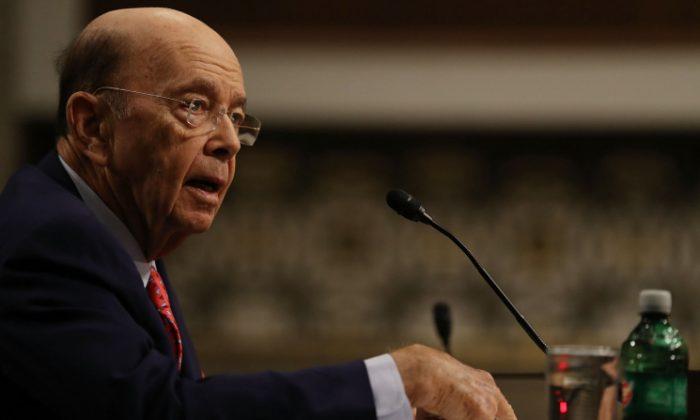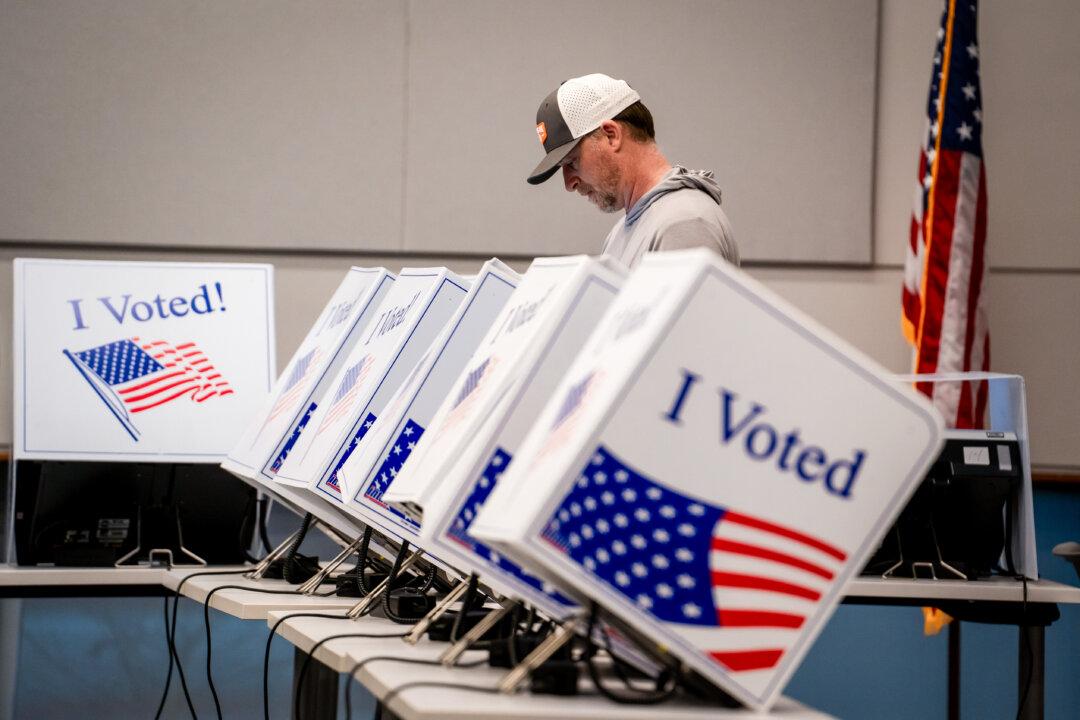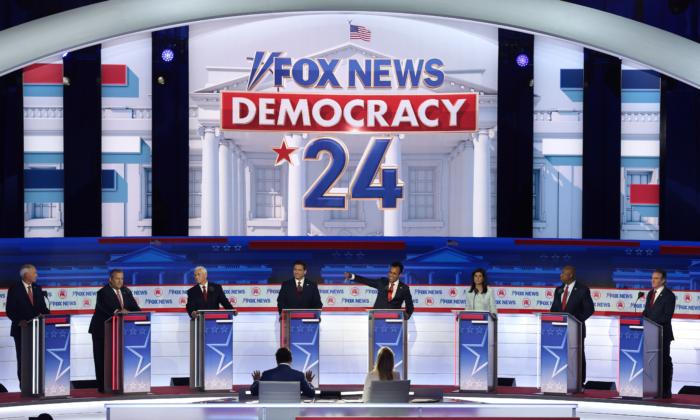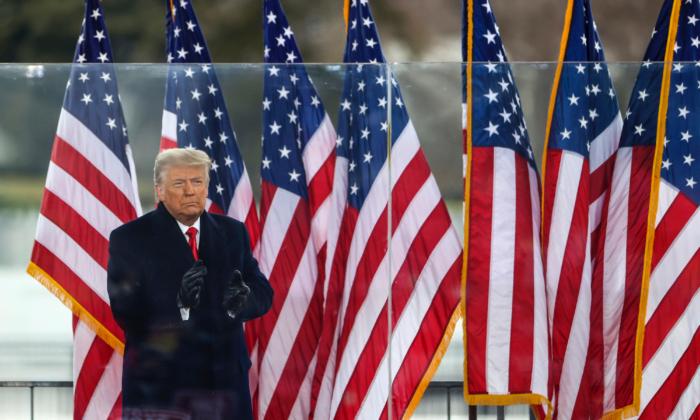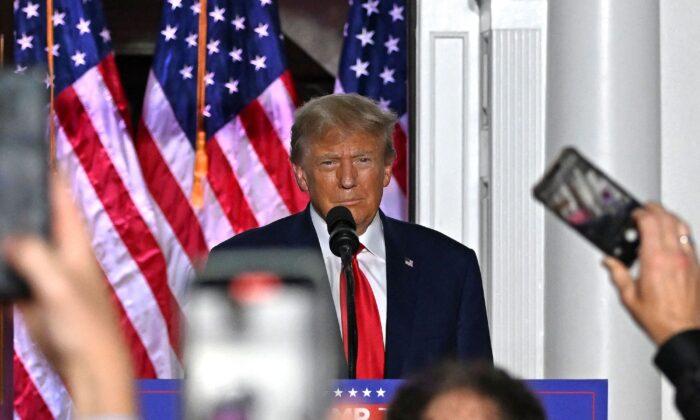U.S. Commerce Secretary Wilbur Ross made the case for President Donald Trump’s proposed aluminum and steel tariffs by using two common food products to demonstrate the limited impact the trade measures would have on the cost of consumer goods.
“In the can of Campbell’s soup there’s 2.6 cents worth of steel, so if that goes up by 25 percent, that’s about six-tenths of one cent on the price of a can of Campbell’s soup.”
Ross said he bought the can at a 7-Eleven store for $1.99.
“Who in the world would be bothered by six-tenths of a cent?” Wilbur asked.
Ross then held up a can of Coca-Cola, saying that the can contains three cents of aluminum. With a 10 percent tariff, the price of the can would go up 0.3 cents.
“I just paid a $1.49 for this Coke. It doesn’t mean anything. So all this hysteria has a lot to do about nothing,” Ross said.
Ross also explained how the tariffs could impact the price of a car.
“It will have a pretty broad effect, but it’s a trivial effect,” Ross said. “People talk about cars. There’s about one ton of steel in a car. There’s about one ton of steel in a car and the price of a ton of steel is $700 or so.”
“So 25 percent on that would be one half of one percent increase on a typical $35,000 car,” Ross added. “So it’s no big deal.”

The commerce secretary also defended the idea of imposing a broad tariff on all nations, saying that it is possible to circumvent a limited tariff by shipping through another country.
“The reason that we’ve had to go this route is that the conventional trade methods can’t solve the problem of systemic global over-capacity and global dumping,” Ross said. “It has to be broad, it has to be global in its reach to solve the fundamental problem.”
Trump campaigned on a promise to bring jobs back to the United States and put American interests first when it comes to international trade.
